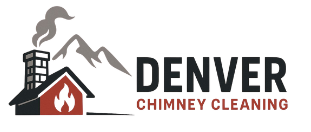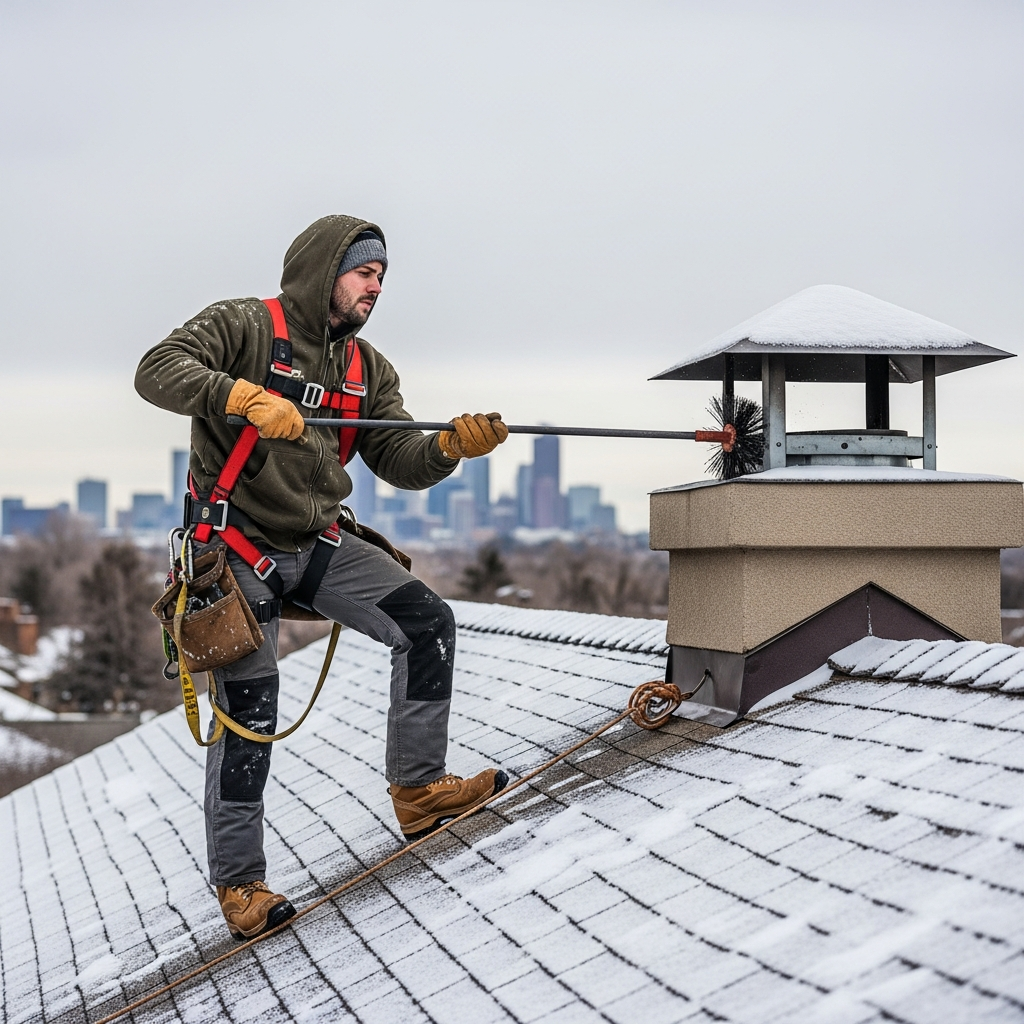Choosing the Right Chimney Inspection Near You in Colorado
Finding a dependable chimney professional in Colorado can feel overwhelming when search results include dozens of options and a mix of specialties. Your chimney is a safety‑critical system that deals with high heat, combustible gases, and complex venting paths, so selecting the right expert is worth careful attention. The best choice balances qualifications, communication, documentation, and a clear scope of work. If you are just starting your search, one smart first step is to review local chimney inspection services that understand Colorado weather patterns, high‑altitude drafting, and local code enforcement practices.
This guide offers a practical framework for evaluating providers, from verifying credentials and insurance to understanding how different inspection levels apply to your home. You will learn what a professional report should include, which questions to ask during the quote process, and how to compare proposals without focusing solely on the cheapest option. Whether you heat with a wood stove in the mountains, a gas fireplace on the Front Range, or a pellet insert on the Western Slope, the right inspector can help you enjoy warmth and peace of mind through the coldest months.
Know the Standards and Levels of Inspection
Professional chimney inspections are typically organized into three levels, ranging from basic visual checks to comprehensive evaluations that may require accessing concealed areas if hazards are suspected. Understanding these levels helps you discuss the scope confidently with potential providers. If you are buying a home, changing fuel types, or suspecting damage, you may need a more detailed review. For routine annual visits, a basic level focused on accessible areas and internal views via camera tools often suffices. A reputable professional will explain which level fits your situation and why, and will tailor the plan if new information emerges during the visit.
Check Credentials and Experience
In Colorado’s varied climate, experience matters. Look for professionals who hold relevant certifications and who commit to ongoing education. Ask how many inspections they perform each season and whether they have particular expertise with your appliance type, such as factory‑built systems, masonry fireplaces, or high‑efficiency inserts. If you live at higher elevation, inquire about the inspector’s familiarity with altitude‑related drafting behavior and combustion air requirements. The combination of formal training and local experience helps ensure a thorough, accurate evaluation.
Verify Insurance and Safety Practices
Chimney inspections often involve roof access, ladders, and specialized tools. Confirm that the provider carries appropriate insurance and follows safety protocols, including fall protection and roof access procedures. Ask whether the inspector will be the person doing the work or if a team member will conduct the visit. Clarify how they protect interior surfaces when accessing the firebox or running camera equipment. Professionals who take safety seriously tend to be careful with your home and meticulous in their reporting.
What a High‑Quality Report Includes
A strong inspection report is readable, detailed, and photo‑rich. It should identify each component by name, describe observed conditions, and provide clear recommendations prioritized by safety and performance. Expect to see images of the crown or chase cover, cap and screen, masonry or chase walls, flashing, and flue interior. Inside the home, clear photos of the firebox, smoke chamber transition, damper, and appliance connections help you visualize findings. The report should note any limitations, such as restricted access in an attic or a roof too icy to traverse safely. You should also receive a summary stating whether the system is ready for use or requires remediation first.
Questions to Ask Before You Book
As you speak with prospective providers, ask about their process from arrival to report delivery. How long does a typical appointment take? What camera tools do they use? Do they access the roof whenever conditions allow? How many photos will you receive? How soon after the visit will the report be delivered? Will they walk you through the findings and answer questions? These details reveal the provider’s commitment to thoroughness and client education, and they make it easier to compare options.
Colorado‑Specific Considerations
Colorado homeowners contend with intense sunshine, hail, wind, and freeze‑thaw cycles that drive moisture into hairline cracks. A qualified local inspector will be attuned to issues like spalling brick faces, crown cracks, chase cover rust, and lifted flashing. Wildfire‑prone areas require properly sized spark arrestor screens. High‑altitude homes may need special attention to combustion air and draft stability. If a provider can speak fluently about these regional realities and how they influence inspection and maintenance planning, you are likely in good hands.
Understanding Scope Versus Add‑Ons
Clarity on the scope prevents surprises. Ask what is included in the inspection by default: internal flue camera views, attic or crawl space checks where accessible, roof assessments, and appliance connector reviews. Confirm whether cleaning is separate, and whether any minor sealant touch‑ups or hardware replacements are considered inspection tasks or distinct services. It is reasonable for a provider to distinguish between inspection and repair work; the key is that you know what to expect before the visit.
Evaluating Communication and Professionalism
Trust and communication are central to a successful inspection. Notice how promptly the company responds to your inquiry, how clearly they explain options, and whether they proactively set expectations for preparation and timing. Professionalism shows up in small details: clean protective coverings for interior spaces, careful ladder setup, and a patient walkthrough of the report. You should leave the visit with a good grasp of system condition and next steps, not with a list of mysteries.
Comparing Proposals the Smart Way
It can be tempting to pick the first available appointment or the simplest quote. Instead, compare proposals based on thoroughness, documentation quality, and safety practices. Consider the provider’s experience with your specific appliance and construction type and their familiarity with local code enforcement. A thorough inspection reduces uncertainty and can prevent larger issues later by catching small problems early. Trusted professionals back their work with clear documentation and stand ready to answer follow‑up questions.
Preparing Your Home for the Visit
Preparation boosts the quality of the inspection and shortens the time on site. Avoid using the fireplace or stove for at least 24 hours before the appointment so everything is cool. Remove ash and move rugs and decor away from the hearth. Clear access to attics, basements, or crawl spaces if they contain portions of the chimney. Keep pets secured and ensure that any gates or locks are available for roof access. If you have older reports, photos of past issues, or appliance manuals, make them handy for the inspector.
After the Report: Next Steps
When you receive your report, read it carefully and note any urgent safety recommendations. If the inspection calls for cleaning, repairs, or monitoring, schedule those steps in a timely manner. Keep the report in a home maintenance folder along with photos and receipts. This document trail helps with real estate transactions, insurance claims after storms, and planning future maintenance. If any part of the report is unclear, ask your inspector for a walkthrough; a capable professional will gladly explain findings and options.
Red Flags to Watch For
Be cautious about providers who cannot explain inspection levels, who avoid roof access when conditions are safe, or who offer a quote without asking any questions about your home or appliance. Vague deliverables, lack of photos in the final report, and reluctance to discuss local code considerations are warning signs. A credible professional welcomes informed questions and is transparent about methods and limitations.
Frequently Asked Questions
Question: How soon should I schedule an inspection before winter? Answer: Aim for late summer or early fall to allow time for any recommended maintenance before temperatures drop and schedules fill up.
Question: Do gas fireplaces need the same attention as wood‑burning units? Answer: Yes, though the focus differs. Gas systems require verification of proper venting, seals, and combustion air paths, while wood systems demand careful checks for creosote and liner continuity.
Question: What if my roof is steep or snow‑covered? Answer: Inspectors will assess safety and may reschedule roof access if conditions are hazardous. The report should note any access limitations and recommend a follow‑up when safe.
Question: How do I know if I need a more detailed inspection level? Answer: Triggers include buying or selling a home, changing fuel types, experiencing a chimney fire, or noticing performance changes like smoke spillage or new stains.
Question: Will the inspection damage my home? Answer: A careful professional protects interior surfaces and uses the least invasive methods possible. If a more comprehensive level is necessary, the inspector will explain why and obtain your consent before proceeding.
Bringing Confidence to Your Decision
Choosing a chimney inspection provider is about finding a partner who values safety, documentation, and clear communication. When you prioritize credentials, thoughtful processes, and Colorado‑specific experience, you set yourself up for a warm, safe, and stress‑free season. The right professional will leave you with a clear understanding of your system and an action plan that fits your home and lifestyle. For added convenience while comparing options, consider reaching out to established chimney inspection services that emphasize thorough reporting and local expertise.
Take the Next Step Toward Peace of Mind
Set your home up for safe, comfortable winter evenings by booking a trusted evaluation today. Enjoy clarity about your system’s condition, a prioritized plan for maintenance, and confidence when the first cold front rolls in by taking a moment to schedule a chimney inspection with a dependable Colorado team.




